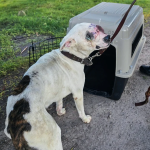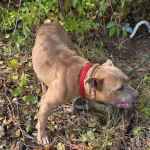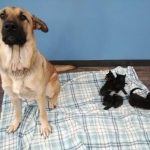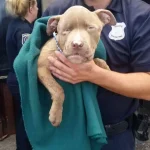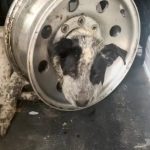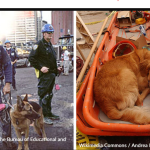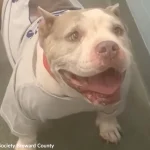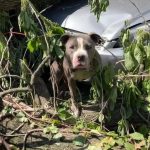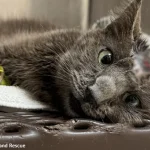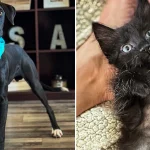The Woman Who Became an Unexpected Mother to Two Precious Wombats
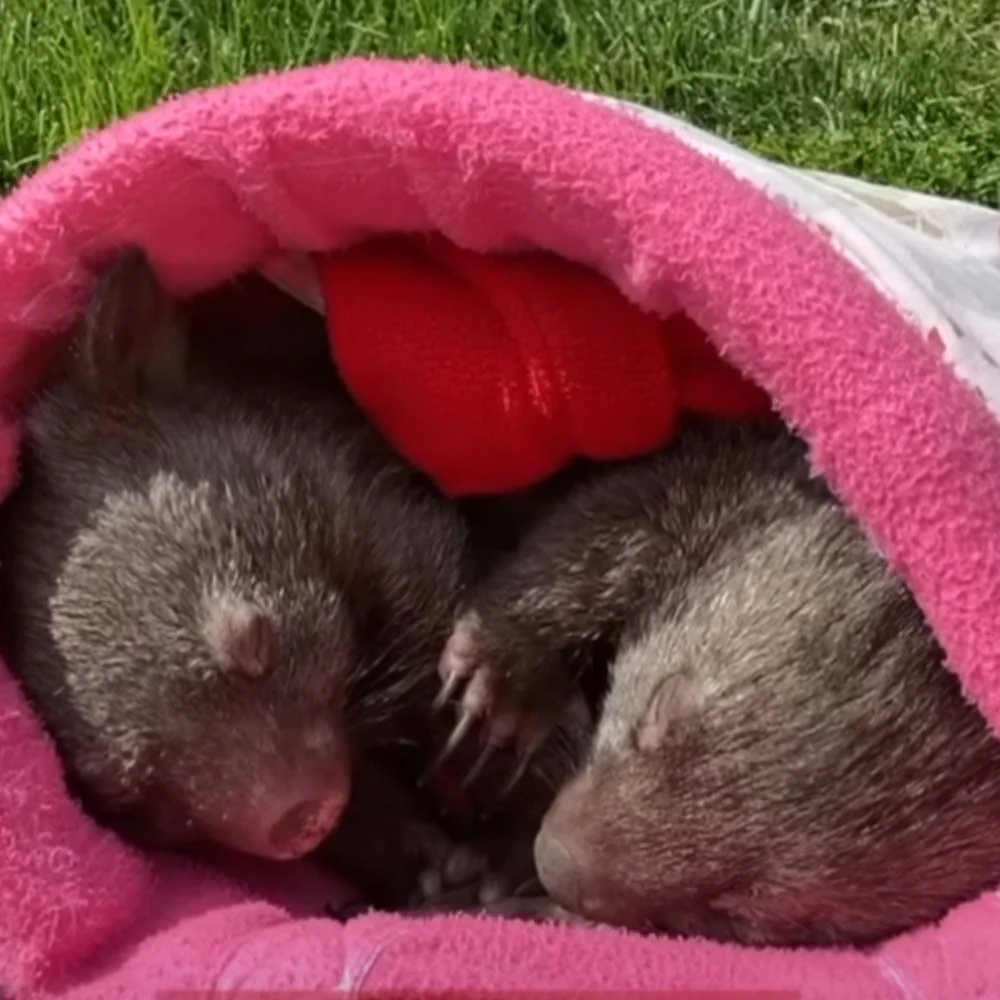
— A heartwarming wildlife rescue story of love, loss, and letting go —
A Quiet Night, and a Call That Changed Everything
It was late at night when Sharon’s phone rang — a call from the local wildlife rescue network.
Two baby wombats had been found on the side of a country road in New South Wales. Their mothers had been struck by passing cars. The joeys were alive but terrified, trembling in the cold night air.
When Sharon arrived, the headlights illuminated two tiny shapes huddled together in the dust — one barely breathing, the other whimpering softly. She wrapped them in soft towels, her heart breaking at the sight. That was the moment Sharon became a mother — not by choice, but by compassion.
“I’ll take them,” she said quietly, her voice steady despite the ache in her chest.
Their names would soon be Chester and Mimi.
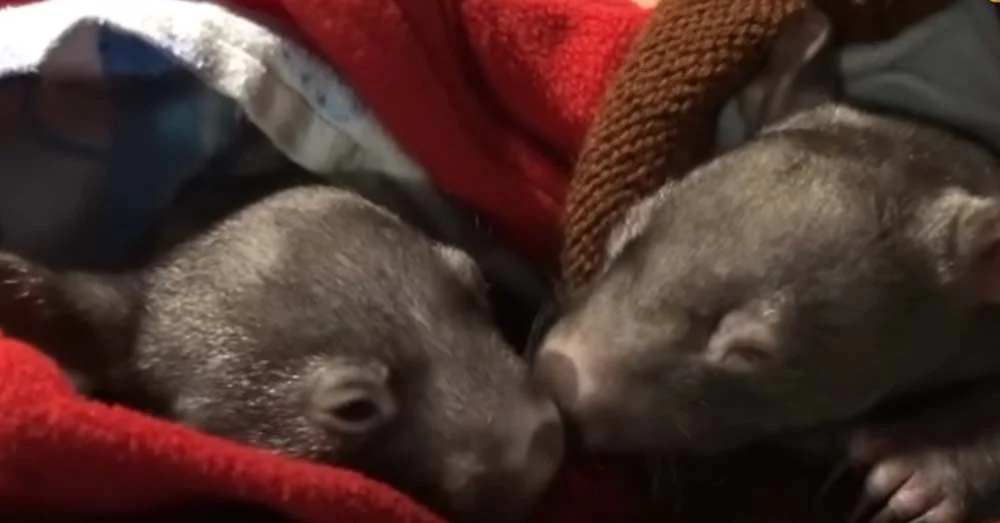
Life Begins Again — Inside a Home Filled With Hope
Sharon worked with ACT Wildlife, a rehabilitation organization that cares for injured and orphaned native animals. She had rescued many species before — kangaroos, birds, and even a possum — but these wombats were different. They were fragile, clinging to life, and utterly dependent on her care.
“Their mothers were both killed in separate accidents,” Sharon shared. “It broke my heart. But I knew these little ones still had a chance.”
She prepared fabric pouches lined with fleece to mimic the warmth of their mother’s pouch. At first, she kept Chester and Mimi separate. But every night, Chester would crawl out of his pouch and into Mimi’s.
Eventually, Sharon gave up trying to keep them apart.
From that moment on, they were inseparable — two souls bound by loss, finding comfort in each other.

Tiny Paws, Big Personalities
Caring for baby wombats is no small task. Sharon’s days blurred into a rhythm of bottle feedings, cleaning, and sleepless nights. Every few hours, she would heat their milk, cradle each baby in her lap, and feed them while whispering softly.
“Chester was always impatient,” she laughed. “He’d wiggle and squirm and try to grab the bottle himself, while Mimi just watched with those calm, curious eyes.”
Soon, Sharon’s house became alive with the sounds of playful chaos — the soft thuds of little paws, the rustling of blankets, and the unmistakable energy of two growing wombats discovering the world.
“They were just like toddlers,” Sharon said with a smile. “They played, argued, cuddled, and made a mess of everything. My home turned into a playground.”
Despite the exhaustion, Sharon loved every minute of it.
The bond between them deepened — not only as caregiver and animals, but as a family.
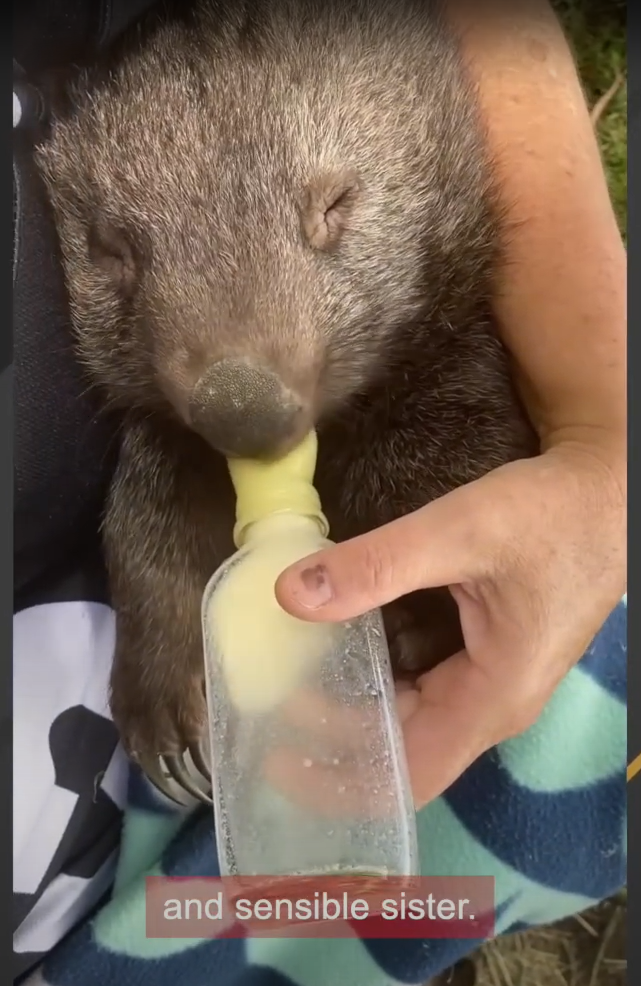
Learning to Live Like Wombats
As Chester and Mimi grew stronger, Sharon knew it was time for the next step — teaching them how to be wild again.
In her backyard, she built a special outdoor enclosure — safe, spacious, and filled with soft soil. There, the two wombats could dig, explore, and learn essential skills they would need to survive in the wild.
“The first time they touched the grass,” Sharon recalled, “they froze. Their noses twitched, and they looked up at the trees as if seeing the world for the first time. It was beautiful — and heartbreaking.”
Chester immediately began to dig small tunnels, his instincts taking over, while Mimi preferred to stay close to Sharon, watching and learning. Every day, they explored a little farther, gaining confidence and curiosity.
“They’d still come back to me for cuddles,” Sharon said softly, “but I could tell — they were beginning to need me less. That’s how you know you’ve done your job right.”
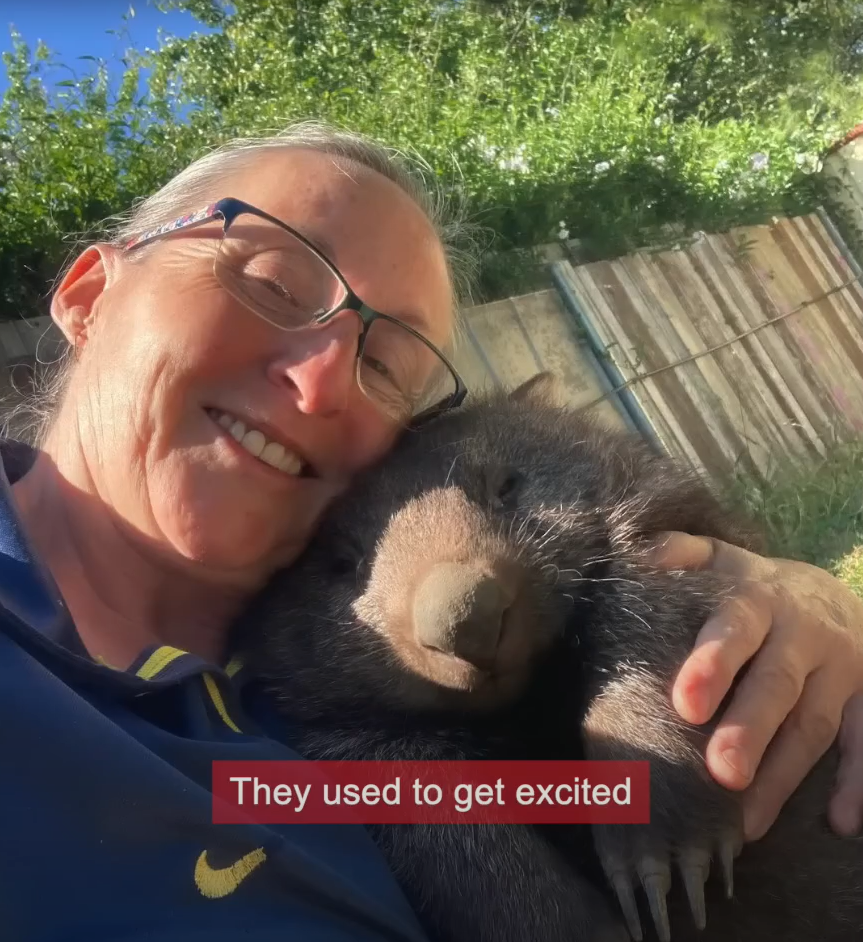
Motherhood Means Letting Go
Wildlife rehabilitation is not just about saving lives — it’s about preparing to say goodbye.
When Chester and Mimi turned one year old, they were ready to move into a large outdoor burrow that Sharon had dug herself. It was there that they learned to sleep underground, forage for roots, and adapt to the sounds of the night.
“They’d pop out of the burrow in the morning, covered in dirt, looking so proud of themselves,” Sharon said, laughing through tears. “They were becoming real wombats.”
But the closer they grew to independence, the heavier Sharon’s heart became.
“They started coming to me less often. They still recognized me — they’d approach, sniff my hand — but then they’d run off again. I knew they were ready.”
The day of their release was one Sharon will never forget.
She carried them to a safe nature reserve, kissed their soft foreheads, and whispered:
“Go live, my little ones. Be free. Be happy.”
Chester and Mimi hesitated only for a moment before waddling toward the trees. The sunlight caught the fine hairs on their backs — two silhouettes moving into a new life. Sharon stood there, tears streaming down her face, watching them disappear into the wild.
“They didn’t look back,” she said. “And that’s how I knew I’d done the right thing.”
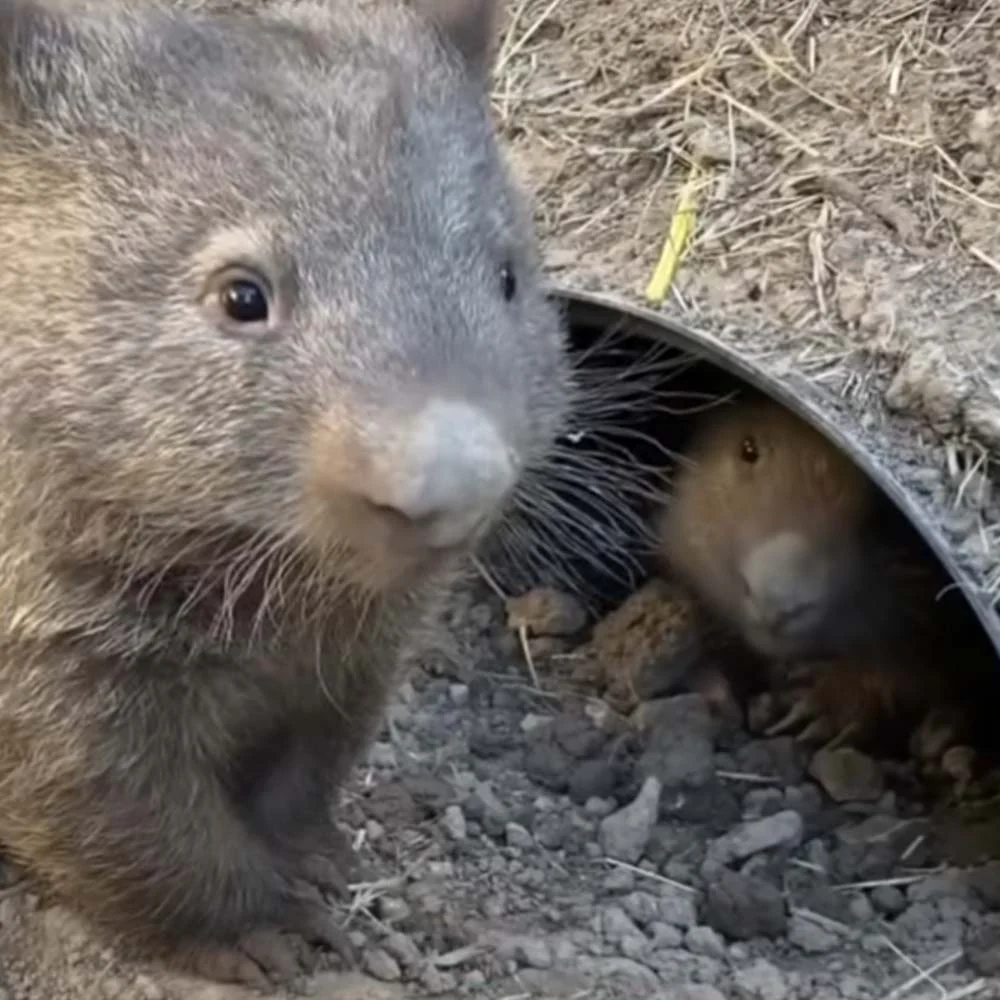
The Quiet Echo of Love
Weeks passed. The house felt emptier, quieter. Sometimes Sharon still reached for the bottle warmer out of habit or looked for tiny paw prints by the door. But instead of sadness, she felt peace.
“I see wombats sometimes when I go out to check the reserve,” she said. “Two of them often appear together, digging side by side. Maybe it’s them. Maybe it’s not. But in my heart, I believe it is.”
Every night, when the wind rustles through the eucalyptus leaves, Sharon smiles to herself. In that whisper of wind, she hears the soft memory of Chester and Mimi — her two unexpected children, who once clung to her for life and now thrive under the same stars.
“They taught me something precious,” Sharon said. “Love isn’t about keeping — it’s about giving, and letting go. And that’s the most beautiful kind of love there is.”
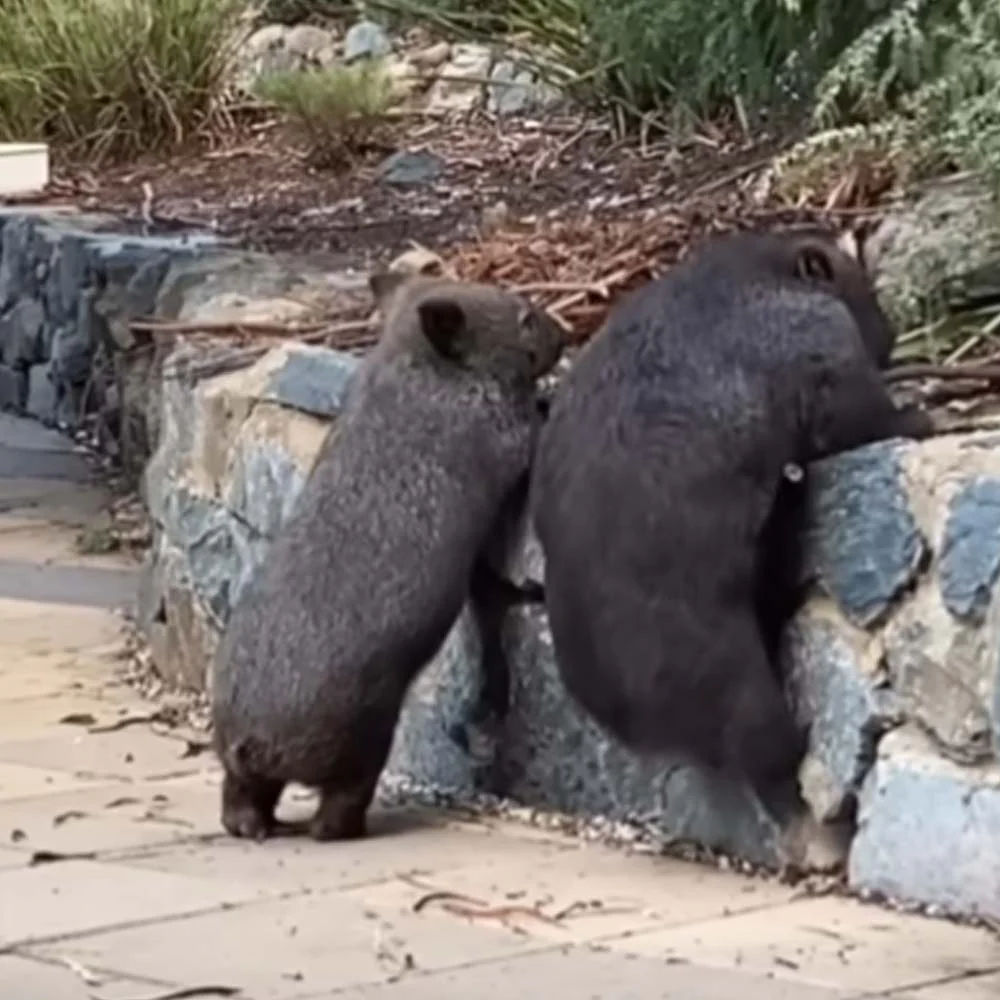
A Story That Reminds Us Why Compassion Matters
Sharon’s story is more than a tale of rescue — it’s a reminder of humanity’s quiet responsibility to the creatures we share this planet with.
In a world where wildlife faces countless threats — from deforestation to road accidents — people like Sharon show us that compassion can truly change lives, no matter how small.
Her journey with Chester and Mimi reflects a universal truth:
that even the smallest acts of kindness can create ripples of hope in the natural world.
Because sometimes, being a hero doesn’t mean saving the world.
Sometimes, it simply means saving two tiny wombats — and loving them enough to let them go.
Full videos here:
